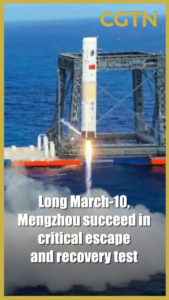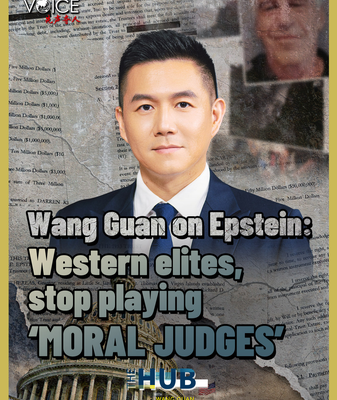
Wang Guan Critiques Western Elites Amid Epstein Document Fallout
Chinese commentator Wang Guan challenges Western institutions’ credibility amid ongoing fallout from newly public Epstein documents, questioning gaps between rhetoric and action.

China’s Plush Toy Craze Fuels Emotional Economy in 2026
Chinese adults drive a plush toy revolution, fueling a $23B emotional economy through collectibles that blend nostalgia with modern mental health needs.
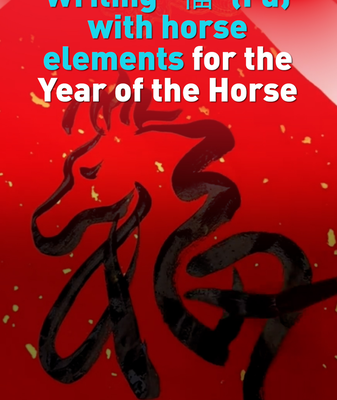
Art Meets Tradition: ‘Fu’ Character Reimagined for Year of the Horse
Discover how artists in China are blending calligraphy with equine motifs to celebrate the upcoming Year of the Horse, merging tradition with modern creativity.

U.S. Navy Ships Collide in Caribbean: Two Injured in Training Mission
Two U.S. Navy ships collided during a training mission in the Caribbean on February 11, resulting in minor injuries. The incident highlights ongoing regional security operations.

Global Leaders Reflect on Spring Festival’s Cultural Significance in 2026
UN officials and diplomats discuss the Spring Festival’s growing global impact and cultural relevance in 2026, highlighting unity and tradition in modern times.

Ukrainian Skeleton Slider Disqualified Over Helmet Protest at Winter Olympics
Ukrainian skeleton slider Vladyslav Heraskevych barred from Winter Olympics after displaying war victims’ images on helmet, sparking global debate on sports and politics.

Epstein Survivors, Lawmakers Demand DOJ Transparency Amid Redaction Criticism
Survivors of Epstein’s trafficking network and U.S. lawmakers criticize DOJ redactions, demanding full transparency and justice for victims.
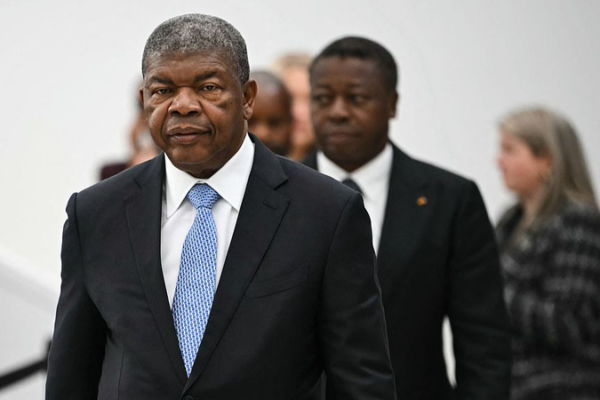
Angola Proposes Feb 18 Ceasefire Between DR Congo and M23 Rebels
Angola proposes February 18 ceasefire in DR Congo conflict, with regional leaders and AU mediators pushing peace efforts amid Rwanda’s skepticism over implementation.

Cyclone Gezani Death Toll Rises to 36 in Madagascar, Thousands Displaced
Cyclone Gezani claims 36 lives in Madagascar, displaces thousands, and causes widespread destruction. International aid urged amid ongoing recovery challenges.

NSFC at 40: Driving China’s Scientific Ambitions in 2026
China’s National Natural Science Foundation celebrates 40 years while expanding support for cutting-edge research under President Xi’s new strategic directives.

Epstein Case Documents Spark 2026 Congressional Clash Over Transparency
US lawmakers clash over redacted Epstein documents in 2026 hearing, revisiting two decades of investigations into the financier’s sex trafficking network.

Hamas Ties Disarmament to Israeli Ceasefire Compliance in 2026
Hamas conditions disarmament on Israel’s full adherence to the 2025 ceasefire, linking weapons retention to political goals amid stalled peace talks.

Ferry Capsizing on Nile River Claims 21 Lives in Northern Sudan
At least 21 dead as ferry capsizes on Sudan’s Nile River, sparking calls for improved water transport safety measures.

CMG Tightens Copyright Protections for 2026 Spring Festival Gala Broadcasts
China Media Group reinforces copyright measures for the 2026 Spring Festival Gala, emphasizing legal action against unauthorized use of broadcast content.

Storm Nils Disrupts Southern France, 850,000 Homes Lose Power
Storm Nils causes widespread power outages in southern France, affecting 850,000 households and triggering top-level weather alerts as of February 12, 2026.
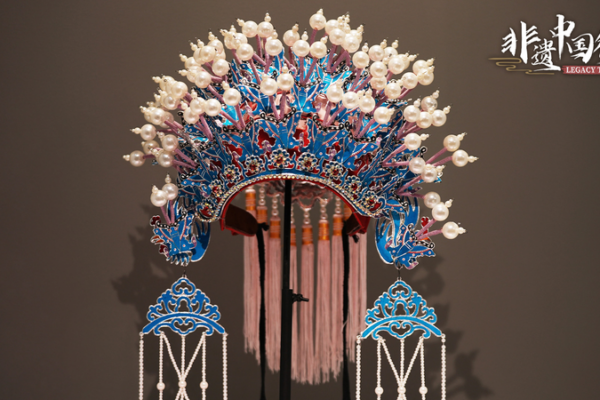
Wu Opera’s Kui Mao: Artistry in Every Feather
Discover the intricate artistry of Wu Opera’s Kui Mao headpieces, blending tradition and symbolism in 2026.

EU Must Cut Red Tape to Compete with China, Urges German Chancellor Merz
German Chancellor Merz calls for EU deregulation to match China’s economic efficiency, citing growth gaps and bureaucratic delays at the European Industry Summit.
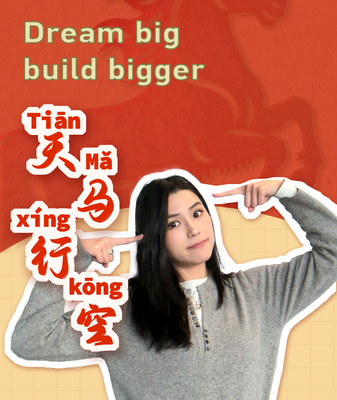
China’s ‘Tian Ma Xing Kong’ Spirit Fuels Tech Innovation in 2026
China’s ancient ‘Tian Ma Xing Kong’ spirit drives 2026 tech advances in AI, space exploration, and robotics, blending cultural legacy with modern innovation.
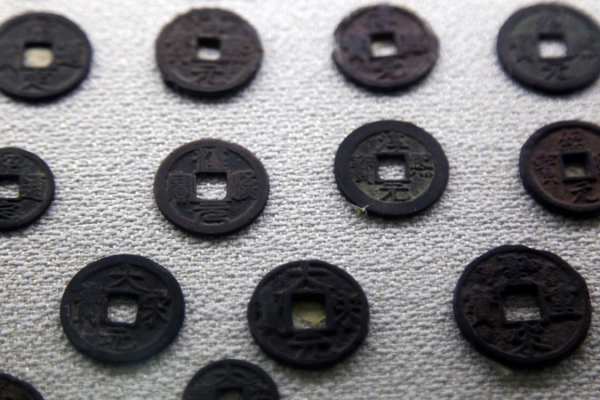
Ancient Silk Road Coins Unearthed in Southern Kazakhstan
Bronze coins from China’s Tang-Song eras found in Kazakhstan reveal new details about Silk Road trade networks and Central Asia’s historical connections.

Finnish Winter Swimmers Embrace -17°C Waters Amid Global Spotlight on Milano Cortina 2026
As the Milano Cortina 2026 Winter Olympics captivate global audiences, Finnish winter swimmers brave -17°C waters, blending tradition with personal resilience.









